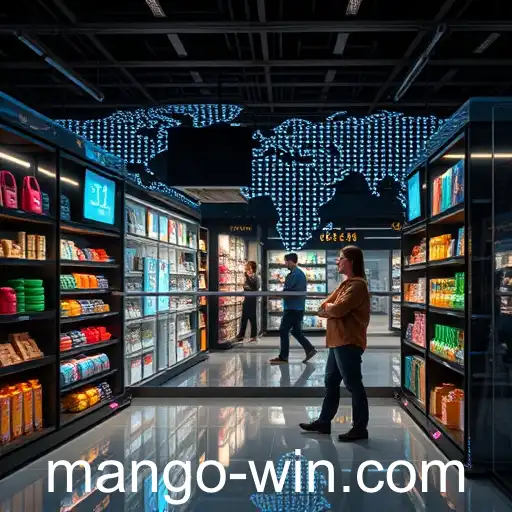
Exploring the impact of innovative technologies on global consumer behavior and market dynamics.
In recent years, the rapid pace of technological innovation has significantly transformed global consumer landscapes. As we stand in the year 2025, these advancements continue to impact various sectors, from retail to energy, altering consumer behavior and market trends worldwide. This article examines how these innovations have redefined the ways in which consumers interact with products and services, and how businesses adapt to meet the evolving demands of a tech-savvy market.
One of the key areas where technology has enacted significant change is in the retail sector. The rise of e-commerce platforms has been further accelerated by the integration of artificial intelligence and machine learning algorithms, which have enabled personalized shopping experiences. Companies are now better equipped to analyze consumer preferences and predict purchasing patterns, leading to improved product recommendations and customer satisfaction.
Moreover, the Internet of Things (IoT) is increasingly becoming an integral part of everyday consumer products. Smart home devices, such as voice-activated assistants and connected appliances, have made significant inroads into the daily lives of individuals, offering convenience and enhanced control over their environments. This growing IoT ecosystem is driving a shift towards more interconnected consumer experiences, blending digital and physical realities seamlessly.
In addition to transforming consumer interactions, technological innovations are also influencing the global economy. With the growing emphasis on sustainability, technology is playing a pivotal role in developing greener alternatives. Advances in renewable energy technologies, such as solar and wind power, are mitigating the impact of climate change and reducing reliance on fossil fuels. This shift not only prompts industries to adopt more sustainable practices but also emphasizes the importance of responsible consumerism.
The gig economy is another area influenced by technological advancements, granting people increased flexibility and opportunities. Platforms such as Uber, Airbnb, and other freelance networks have redefined traditional employment models, offering consumers the ability to seamlessly switch between roles and maximize their income potential. As a result, businesses must seek innovative solutions to manage this fluid workforce and ensure regulatory compliance along with fair treatment.
These technological shifts highlight a critical aspect of our modern age: the necessity for adaptability. Organizations that recognize and embrace these changes stand to gain a competitive advantage in a rapidly evolving market. As consumers continue to prioritize convenience, personalization, and sustainability, the role of technology as a catalyst for progress deepens. This ongoing evolution will undoubtedly pose challenges and opportunities for businesses and consumers alike, reshaping the global economic landscape in ways that were previously unimaginable.




